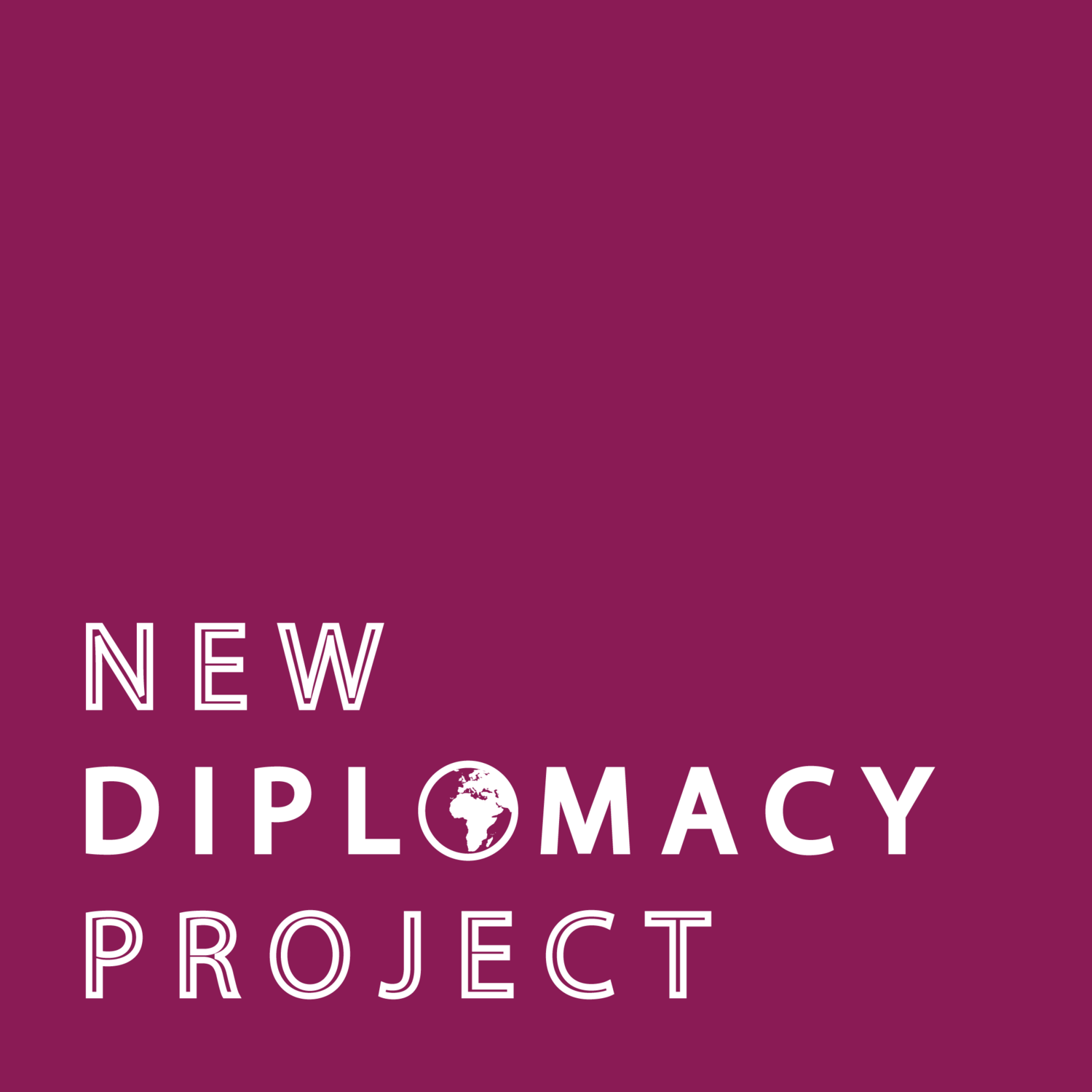UK-South Africa Relations: Forging a stronger partnership in a multipolar world order
● The United Kingdom’s bilateral relations with South Africa has a historical as well as a contemporary dimension. The UK’s soft power influence in the fields of sports, arts, culture and media remains an important tool in enhancing the relationship. Of importance, it is also a mutually based partnership that serves the interests of the people of the UK as well as South Africa, through a broad-based engagement.
● This paper is written by Mohamed Cassimjee who was a senior diplomat for South Africa for over 26 years and served as Deputy Ambassador to Germany from 2016-2020, and prior to that served abroad in Washington DC, Uganda and Senegal.
● This paper argues that following elections in both the UK and South Africa, the UK has an opportunity to strengthen the relationship by assisting South Africa to overcome the huge developmental challenges through the National Development Plan 2030 and supporting the country’s Africa policy, through Africa Agenda 2063. Through such an engagement the UK could also benefit economically by engaging with South Africa as Africa’s most industrialised and largest economy which also provides a gateway to Africa and the Africa Continental Free Trade Area (ACFTA).
The paper recommends:
● The UK undertakes a reciprocal state visit, agree on the dates for the outstanding UK/SA Bilateral Forum at foreign secretary level and hold the review meeting at under-Secretary/Deputy Minister level.
● The Department of Business and Trade should arrange a UK trade delegation to visit South Africa to boost trade and investment and to focus on opportunities in the green economy, infrastructure and the African Continental Free Trade Area (ACFTA).
● A Multilateral Working Group (MWG) should be set up to coordinate work on multilateral issues especially relating to the United Nations, the Commonwealth and the G20 which will be hosted by South Africa in 2025.
Cover Image Courtesy of Flickr, Creator: ELMOND JIYANE
